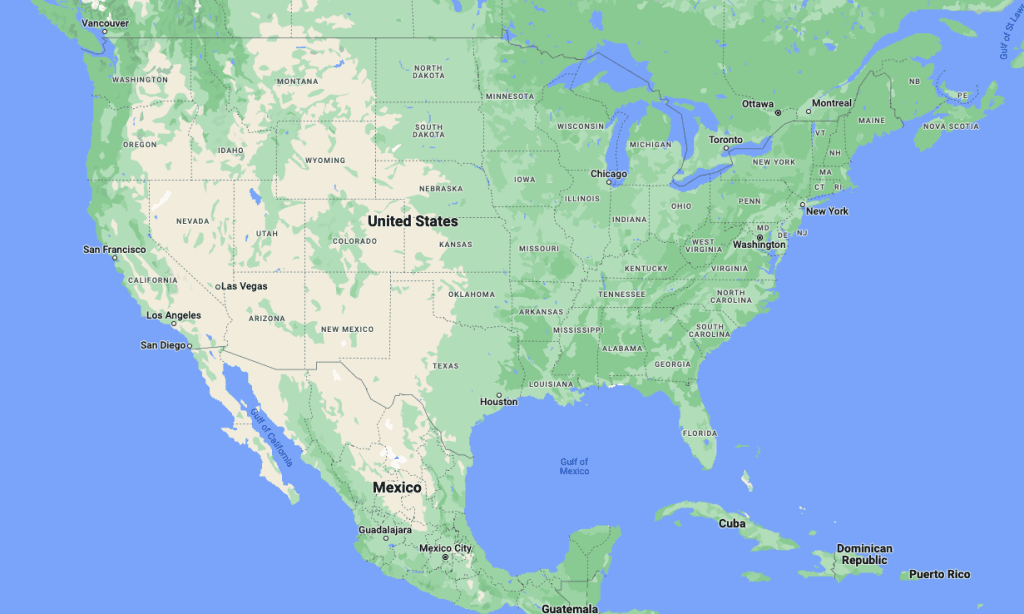Results-Driven Research Networks
As the primary research and development organization within NOAA, NOAA Research explores the Earth and atmosphere from the surface of the sun to the depths of the ocean.
We enable better forecasts, earlier warnings for natural disasters, and a greater understanding of the Earth providing unbiased science to manage the environment better, nationally and globally.
Our role within NOAA is to provide products and services that describe and predict changes in the environment. Research results allow decision makers to make effective judgments in order to prevent the loss of human life and conserve and manage natural resources while maintaining a strong economy.
We have an internal network of labs, programs and offices to manage and conduct research. We also have several formal partnerships with Cooperative Institutes to enhance our research capabilities.
Find a Lab or Program
Click the Icons to learn more about our labs, programs, and cooperative institutes.

- Chemical Sciences Laboratory >
- Physical Sciences Laboratory >
- Global Systems Laboratory >
- Global Monitoring Laboratory >
Visit Website >
OAR Labs
The NOAA Research Laboratories conduct an integrated program of research, technology development, and services to improve understanding of the Earth System. The laboratories and their field stations are located across the country and around the world.
Program Offices
Our Program Offices are located at NOAA’s headquarters in Silver Spring, Maryland. Our Programs find and fund research to transition research products into operations, to meet NOAA & OAR Strategic Objectives and to further our understanding of the Earth System.

University of Maryland, College Park
Mississippi State University
Cooperative Institutes
Cooperative Institutes are located at institutions whose geographic expanse extends from Hawaii to Maine and Washington to Florida. Currently, NOAA supports 16 Cooperative Institutes consisting of 80 universities, and research institutions across 33 states, the District of Columbia, US Territories, and Canada.
Find a Lab or Program
Pacific Marine Environmental Laboratory
Seattle, WA
Visit Website >
Earth Systems Resource Laboratories
Boulder, CO Visit Website >
- Chemical Sciences Laboratory >
- Physical Sciences Laboratory >
- Global Systems Laboratory >
- Global Monitoring Laboratory >
National Severe Storms Laboratory Norman, OK
Visit Website >
Great Lakes Environmental Laboratory
Ann Arbor, MI
Visit Website >
Geophysical Fluid Dynamics Laboratory
Princeton, NJ
Visit Website >
Air Resources Laboratory
College Park, MD
Visit Website >
NOAA’s Atlantic Oceanographic and Meteorological Laboratory
Miami, FL
Visit Website >
- University of Washington
- Oregon State University
- University of Colorado, Boulder
- Colorado State University
- University of Oklahoma
- University of Wisconsin, Madison
- University of Michigan
- University of Alabama
- Mississippi State University
- University of Miami
- University of Maryland, College Park
- Princeton University
The Office of Research, Transition, and Application (ORTA) fully leverages NOAA’s R&D enterprise to serve NOAA’s mission and benefit society by accelerating and facilitating the transition of R&D within NOAA to operations, applications, commercialization, and other uses. It also accomplishes this by working to develop and implement policies that guide and manage transition in NOAA. ORTA includes the Uncrewed Systems Research Transition Office, Technology Partnerships Office, and Quantitative Observing System Assessment Program. ORTA also provides direct support for R&D transition policies and guidance across NOAA.
The NOAA Technology Partnerships Office, or TPO, serves the needs of both NOAA inventors and U.S. companies looking to partner with NOAA or license our technologies. Located in Silver Spring, MD, the NOAA TPO oversees both the Small Business Innovation Research Program and the Technology Transfer Program for NOAA.
The Office of Science Support maintains OAR and NOAA’s role as a leader in environmental observations and modeling by executing several functions that align research and development (R&D) to NOAA’s mission, and enhance the tracking and accountability of NOAA’s R&D to ensure the credibility of R&D outcomes. OSS encompases the Cooperative Institute Office, NOAA Science Advisory Board, Scientific Integrity, NOAA Central Library, and direct support for R&D analysis and policy.
Learn more about OAR Labs & Programs
Take a deep dive into how we achieve organizational excellence in our Labs & Programs. Our Scientific Reviews page provides granular detail in videos, documents, and webpages about each institution and the science they conduct to support the NOAA mission.